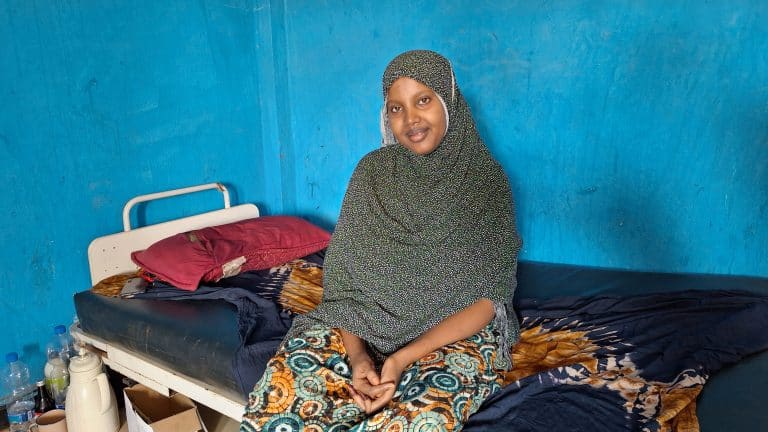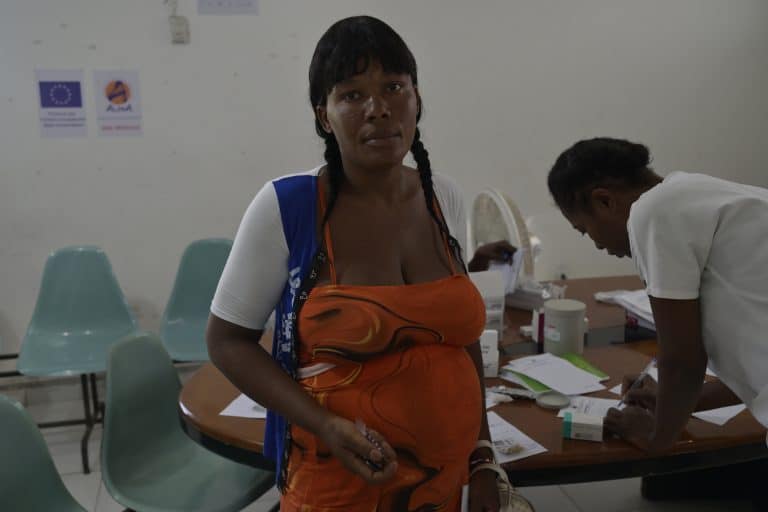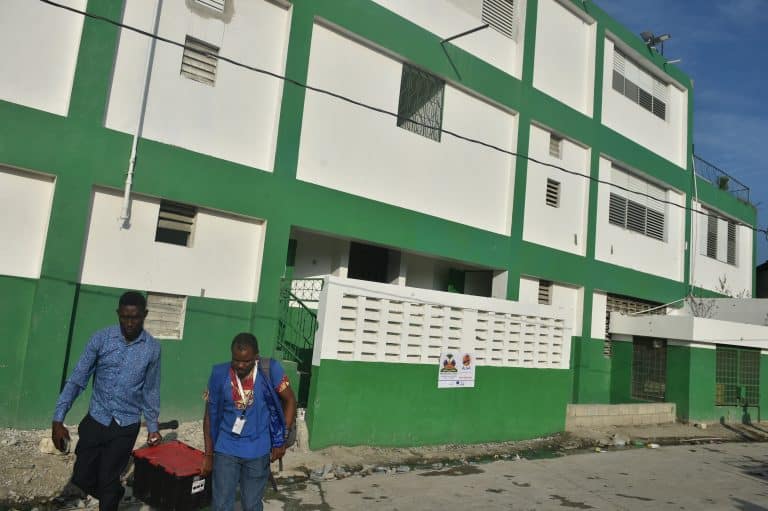What is the situation in the city of Monguno?
The situation is catastrophic. Monguno has received tens of thousands of displaced people who have fled the northern Nigerian border. The IDPs are spread over 11 makeshift camps and living in unhygienic conditions. There is no economic activity in the city, and displaced continue to arrive. IDPs cannot afford food and are entirely dependent on distributions from international organizations.
In terms of health, one in three children is malnourished. I have never seen so many children with kwashiorkor [a form of malnutrition with severe skin lesions]. We are also facing a deadly epidemic of measles. And with the rainy season coming, the health situation could deteriorate. We fear an outbreak of cholera.
What is ALIMA doing in Monguno?
We helped carry out an initial measles vaccination and malnutrition screening in June. Since early July, we moved to the MCH, the Mother and Child Health Center of Monguno. We have a team of 10 nurses and a doctor, allowing us to conduct approximately 150 consultations per day. We treat first the children with measles and severe acute malnutrition. We have 5 observation beds and will install 50 very soon.
In addition, we operate mobile clinics in two IDP camps. We organize malnutrition screenings and refer children at risk to the hospital. One of the upcoming goals is to place a team at the city entrance to identify and vaccinate all children entering Monguno.
What are the needs in the coming months?
The needs in all sectors are enormous. But in my opinion the food, health and sanitation are the most urgent in light of the rainy season setting in and the precariousness of people on site. I think we must quickly stop the epidemic of measles, treat the volume of severely malnourished children and implement an effective epidemiological surveillance system to prevent additional devastating outbreaks. This is what ALIMA is battling for.





